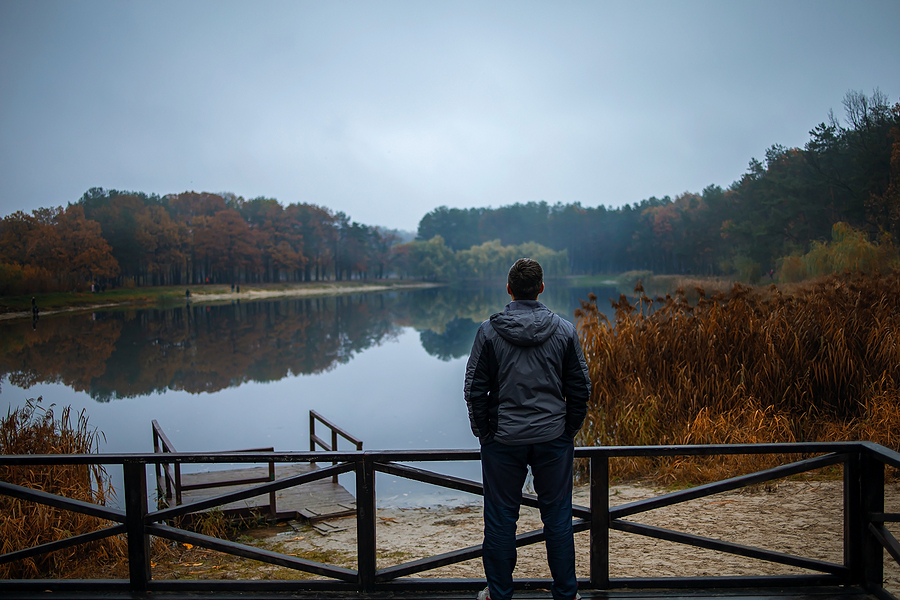
I recently shared a video (below) reflecting back on some of the big changes that I’ve experienced over the past couple of years. I’ve been going pretty deep into a self-inquiry process that is leading me into and out of some remarkable discoveries, including uncovering ways I have consciously or unconsciously gotten myself into trouble, sabotaged my own happiness or growth, and failed others in relationships through a denial of self or lack of authenticity. Most of those times, I’ve found that the intent was never bad, and staying down on myself isn’t going to solve it. Concurrently, I have also continued to discover and rediscover my true self and what I find most meaningful in life.
Self-inquiry isn’t a single process, but an ongoing one of discovery. There are endless questions one can ask, and if we get quiet and honest we will find that our answers sometimes really surprise us. It helps us to find areas where we can improve our experience of living, and helps to increase our awareness.
These deeply meditative processes can help us get closer to our true nature, to God, Consciousness, the Universe, or Awareness itself, however you like to define it. At the same time, some of the questions can act as simple, yet powerful guideposts for mapping out our lives.
What Should You Ask Yourself?
That is a great question! There are a ton of resources for recommended self-discovery practices, from popular websites to ancient spiritual texts and teachers.
Here are a few questions I like to ask myself:
Who am I? Are my external actions matching my internal perceptions? What is it that I would like to have happen? How can I be of service to others? How would I like to spend most of my time? What do I value in this (person, place, activity, organization, etc.)? What am I afraid of? Where would I like to be someday (actual physical location or a figurative position)? What are my core values? How do my actions support my values? What do I find the most joy in? Am I being the person I want to be for my children? Am I setting a good example for others? In a conflict with others, do I try to appease them or do what I believe is right? Do I let others’ opinion of me dictate my actions? How can I best use my talents? What am I denying myself? What would I like to contribute to society? Who should I be helping? What about myself do I want to change the most? Who do I need to forgive? Who do I need to show love to?
The list really is endless, and the goal is to not be stuck in your head while doing this, but instead to let go of your thinking and let the answers arise from within.
I find that asking these types of questions in various places helps to get out of any type of rut. Being in nature is always helpful, especially when walking, and yet so is sitting still in a more traditional meditative posture.
One key is to ask the questions and receive the answers from a genuine level of interest, curiosity and exploration, and to do so in a loving manner. Overly critical or negative inquiry can just bring about shame or guilt, so remember to be kind to yourself during this process!